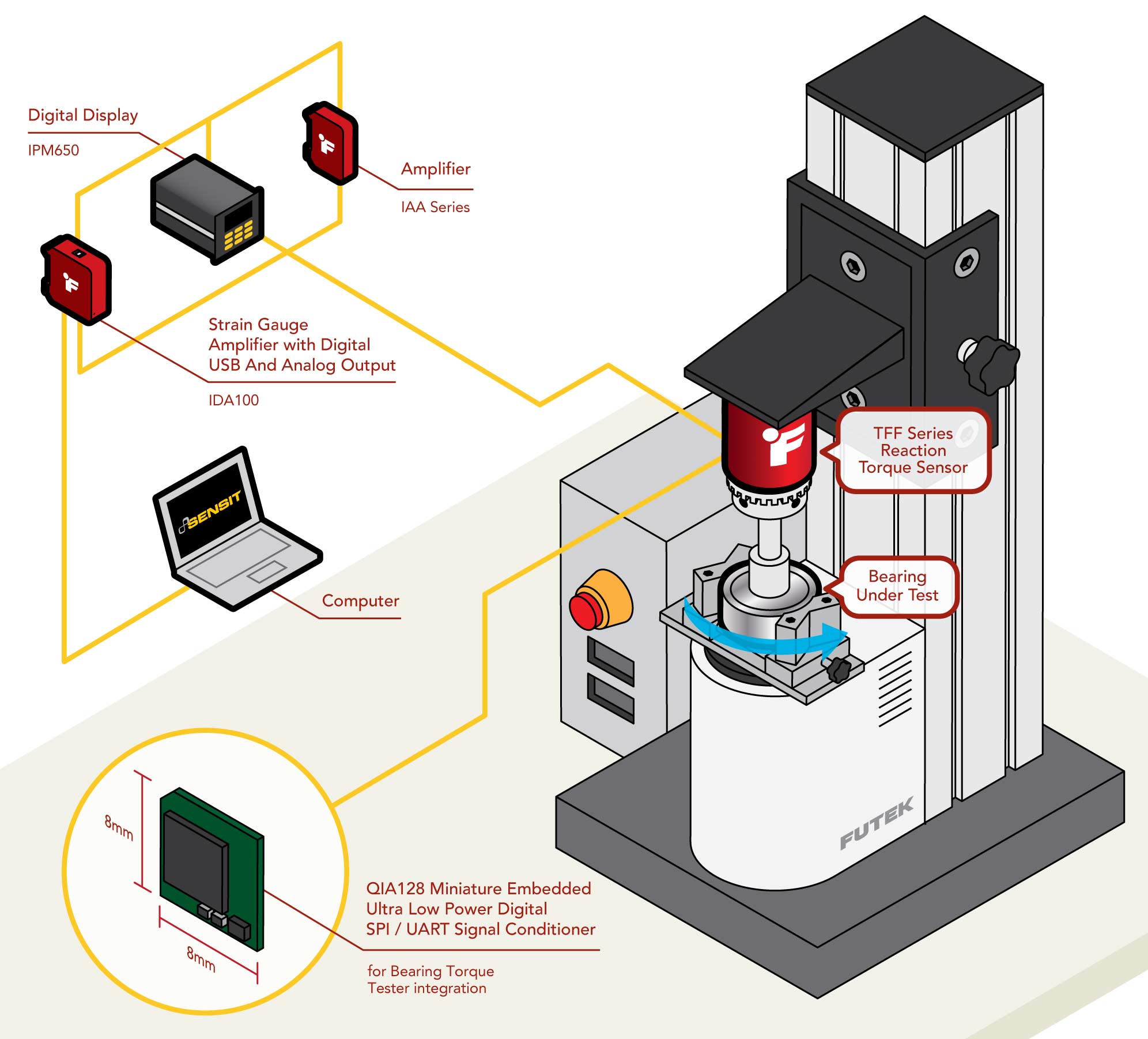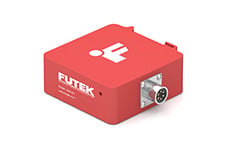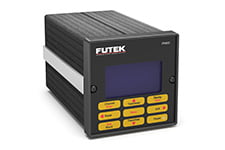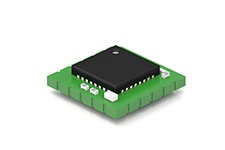What is a Bearing Torque Tester?
Bearings are machine elements that allow components to move with respect to each other. Ball bearings are the most common type of bearings and consist of rolling spherical elements that are captured between circular inner and outer races. They are critical components in engines, gearboxes, and pumps and are designed to support rotating shafts and reduce friction between moving parts, which reduces energy losses and improves efficiency. A bearing torque tester is a device that measures the torque that is required to rotate a bearing to ensure that the bearings meet performance specifications. The bearing tester is typically a benchtop system that measures the torque characteristics of anti-friction bearings and bearing assemblies.
The testing rig consists of a bearing holder, which supports the bearing, a motor, and the torque sensor which measures the torque required to rotate the bearing. The inner ring of the bearing is rotated at a constant speed, while the bearing’s stationary outer ring is measured for reactive torque in the rotating direction, which requires a reaction torque sensor. The readings are digitally displayed in real-time, enabling quick identification and rejection of bearings with faulty torque values.
Why is it Important to Test Bearings with high precision torque sensors?
Bearing torque testers are typically used in research and development labs, as well as in manufacturing facilities. Using bearing torque testers ensures that the bearing complies with MIL-STD-206B (Friction Torque Testing for Bearings, Ball, and Annular) standards. As bearings can fail due to a variety of factors, including fatigue, wear, and corrosion and bearing testing can detect many bearing conditions such as:
From bearing testing, many bearing conditions can be detected, such as:
- Brinelled or Pitted Raceways
- Structural Defects
- Bearing Contamination
- Retainer Hang-Up
- Poor Geometry
Using torque sensors that perform with high precision in bearing tests provides several benefits. Firstly, it ensures that the measured torque values are accurate and repeatable, which is important for evaluating the performance of different bearings and comparing their performance. Secondly, high-precision torque sensors can detect small variations in torque values, which may not be detected by less precise sensors. This capability is particularly useful for detecting small changes in bearing torque that may indicate early stages of wear or other defects in the bearing.
How it Works
A TFF Series Reaction Torque Sensor is mounted in the upper fixturing of the Bearing Torque Tester. The bearing holder secures the bearing outer ring in place while the inner ring is rotated at constant angular speed during the bearing test.
The torque sensor measures the reactive torque of the stationary outer ring in the rotating direction.
The torque measurement reading is then amplified through FUTEK's IAA Series Amplifier to a PLC, shown on a digital local display (IPM650), or streamed directly to a PC USB port using FUTEK's IDA100 Programmable Analog Amplifier.
If the instrument is paired with FUTEK's SENSIT™ Test and Measurement Software operators can log, graph, and capture all the data on a PC.
A QIA128 is a miniature ultra-low-power digital signal conditioner with SPI output and can be used for machine integration.
Contact Us
Please Contact Us with questions.
What is a Bearing Torque Tester?
Bearings are machine elements that allow components to move with respect to each other. Ball bearings are the most common type of bearings and consist of rolling spherical elements that are captured between circular inner and outer races. They are critical components in engines, gearboxes, and pumps and are designed to support rotating shafts and reduce friction between moving parts, which reduces energy losses and improves efficiency. A bearing torque tester is a device that measures the torque that is required to rotate a bearing to ensure that the bearings meet performance specifications. The bearing tester is typically a benchtop system that measures the torque characteristics of anti-friction bearings and bearing assemblies.
The testing rig consists of a bearing holder, which supports the bearing, a motor, and the torque sensor which measures the torque required to rotate the bearing. The inner ring of the bearing is rotated at a constant speed, while the bearing’s stationary outer ring is measured for reactive torque in the rotating direction, which requires a reaction torque sensor. The readings are digitally displayed in real-time, enabling quick identification and rejection of bearings with faulty torque values.
Why is it Important to Test Bearings with high precision torque sensors?
Bearing torque testers are typically used in research and development labs, as well as in manufacturing facilities. Using bearing torque testers ensures that the bearing complies with MIL-STD-206B (Friction Torque Testing for Bearings, Ball, and Annular) standards. As bearings can fail due to a variety of factors, including fatigue, wear, and corrosion and bearing testing can detect many bearing conditions such as:
From bearing testing, many bearing conditions can be detected, such as:
- Brinelled or Pitted Raceways
- Structural Defects
- Bearing Contamination
- Retainer Hang-Up
- Poor Geometry
Using torque sensors that perform with high precision in bearing tests provides several benefits. Firstly, it ensures that the measured torque values are accurate and repeatable, which is important for evaluating the performance of different bearings and comparing their performance. Secondly, high-precision torque sensors can detect small variations in torque values, which may not be detected by less precise sensors. This capability is particularly useful for detecting small changes in bearing torque that may indicate early stages of wear or other defects in the bearing.



